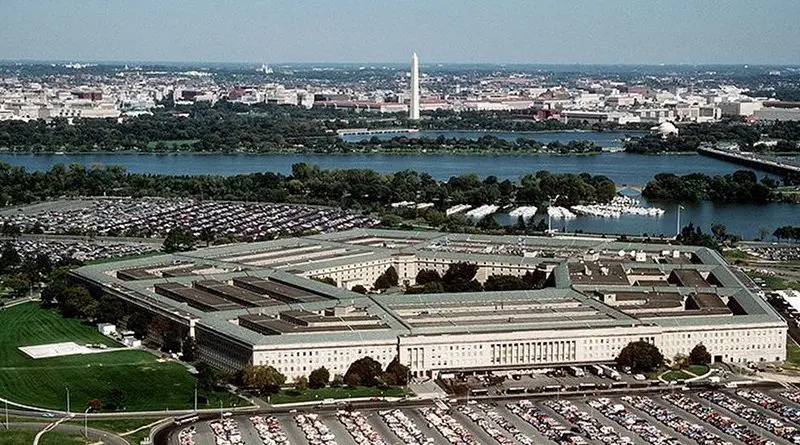US Intelligence: Redundancy Increases As Budget Pressure Mounts – OpEd
By Ivan Eland
With a $16 trillion debt that is growing in yearly increments of more than $1 trillion (the annual budget deficit), the country facing future fiscal Armageddon, and talk of defense budget cuts, the Defense Intelligence Agency (DIA) is upping its game in collecting covert human intelligence—a field that has heretofore been dominated by the CIA. Of course, the CIA and the Department of Defense (DoD) rhetorically downplay the new competition, because they don’t want to appear to be wasting taxpayer dollars in a time of budget pressure and fiscal crisis. But there will be redundancy and rivalry nonetheless. The CIA and DIA are clouding their once discrete roles.
The DoD is already competing with the CIA in launching secret armed drone strikes to achieve “targeted killings” (we commoners would call these “assassinations”) of suspected terrorists. These two developments taken together—more DoD spies and the increasing DoD capability to conduct strikes with drones, piloted aircraft, and Special Operations forces—have raised fears in responsible quarters that such targeted killings will increase. Under the current legal framework, the military is not subject to the same requirements to notify Congress of such strikes as is the CIA. Of course, the existing laws may very well be unconstitutional, because it is clear that the country’s founders intended all military strikes, except those to stymie an imminent attack on the country, to be approved by Congress. Nonetheless, under the current laws, the U.S. government, through the DoD, could dramatically increase its secret drone strikes around the world even past the level of the current robust campaign. Like President Dwight Eisenhower, President Obama, also a maximal realist, prefers spying and covert operations to the use of conventional military forces.
It has been said that the DIA will not be authorized to expand its payroll but will just reassign existing people to clandestine spying. Yet such redundancy cannot be tolerated in a time of likely shrinking budgets. Instead of focusing on wars, such as Afghanistan and Iraq, the DIA, like the CIA, will now focus on “emerging threats”—for example, spying on Islamist militants. The new DIA secret agents will even be trained and supervised in the field by the CIA.
Yet with more than one federal agency involved, interagency rivalries, turf battles, and ensuing coordination snafus will inevitably occur. Such problems between the CIA and the FBI resulted in a failure to prevent the very discoverable plot on 9/11 more than a decade ago. Have we learned nothing from previous intelligence debacles?
What’s worse, in the immediate aftermath of the 9/11 attacks, the counterproductive expansion of intelligence and security bureaucracies has already failed once. First, domestic security agencies were cobbled together under a newly created Department of Homeland Security and another layer of bureaucracy was added on top of them. Also, a new intelligence agency in that newly established department was created. Then that new intelligence agency and its 15 existing sister intelligence agencies were combined and a new Office of the Director of National Intelligence, with its added bureaucracy, was created to herd these cats.
To fight small, agile terrorist groups, the last thing that should have been done was what was done—adding more ponderous competing intelligence bureaucracies to make coordination problems even worse. Instead, the number of already redundant agencies should have been paired and remaining organizations streamlined. Instead, more spy bureaucracies exist than ever before, and now the CIA and the DIA will be competing to collect covert human intelligence, multiplying the potential coordination problems and possible intelligence failures. Thus, perhaps the money being spent on the DIA’s augmented human intelligence capabilities could be better spent on deficit reduction.

